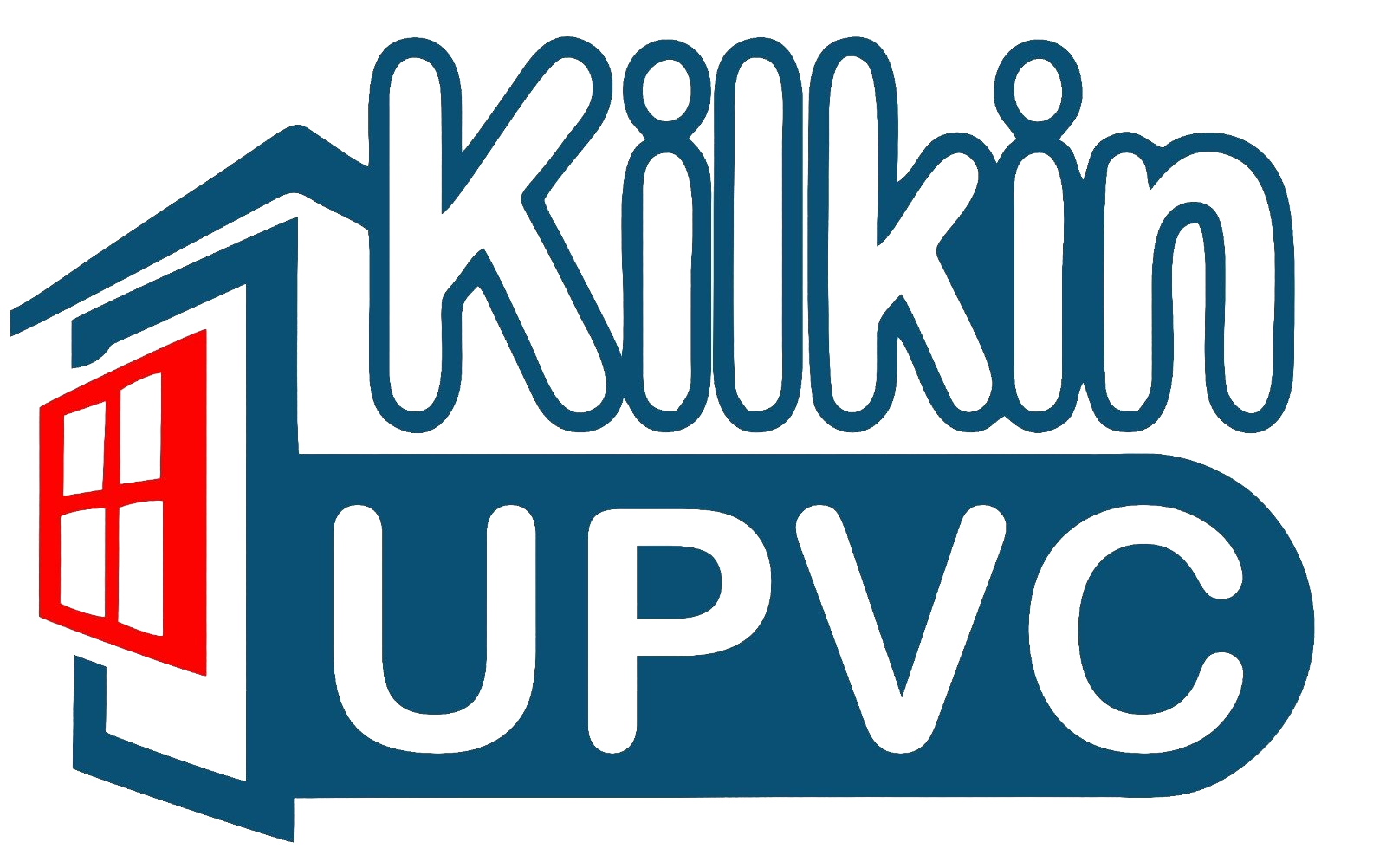PVC, or Polyvinyl Chloride, is a highly durable and versatile thermoplastic material used in a wide range of construction applications. It is manufactured by combining carbon—sourced from petroleum or natural gas—with chlorine derived from industrial salt. Once mixed with stabilizers and additives, PVC becomes a flexible yet strong plastic that is shaped under high temperatures. One of its standout features is fire resistance, thanks to its chlorine content, which allows it to self-extinguish when exposed to flame—making it a safe and reliable choice for window and door systems.
PVC windows offer superior insulation compared to traditional wood and aluminum frames, helping reduce energy bills year-round. They are highly resistant to weather damage, rot, corrosion, and abrasion, making them ideal for all climates. With a high ignition point and self-extinguishing properties, they provide added fire safety. PVC windows are also lightweight yet durable, require minimal maintenance, and are eco-friendly—being fully recyclable. At Kilkin UPVC, we ensure you benefit from the long-lasting performance and sustainability of premium-quality PVC window solutions.
No, PVC windows are safe for human health. Kilkin UPVC uses high-quality, lead-free rigid PVC profiles manufactured at high temperatures (around 200°C) using advanced extrusion technology. Once cooled and set, PVC does not emit harmful gases under normal conditions. Additionally, our profiles contain no toxic paints, varnishes, or chemical coatings, making them non-toxic and environmentally friendly. PVC's stability, safety, and compliance with international health standards make it a trusted choice for homes and buildings.
PVC doors and windows do not release any odor at room temperature in their solid, finished form. Any temporary scent noticed in new installations typically comes from the manufacturing or packaging process and fades quickly with proper ventilation. Due to the excellent airtightness of UPVC systems, indoor odors may linger longer unless windows are occasionally opened for fresh air circulation. Rest assured, Kilkin UPVC products are safe, non-toxic, and odor-free once fully installed and aired out.
Proper ventilation is essential for maintaining a healthy indoor environment. It helps circulate fresh air, reduces humidity, and prevents moisture buildup that can lead to mold growth and damage to building materials. Ventilating your space also eliminates unpleasant odors and prevents condensation on window glass, especially in airtight spaces sealed by UPVC systems. Regular airflow supports better air quality, enhances comfort, and prolongs the life of your doors and windows.
Condensation on PVC windows happens when warm, moisture-laden indoor air meets the cool surface of the window. As the air cools down, it loses its ability to hold moisture, which then turns into water droplets on the glass. This natural process is more common in tightly sealed, energy-efficient homes, especially during colder months. Proper ventilation, maintaining indoor humidity levels, and using double-glazed glass from Kilkin UPVC can help significantly reduce window condensation.
In the PVC window industry, a series refers to a specific design and configuration of a profile system. Each series differs in profile width, durability, insulation capability, and structural strength. The chamber count indicates the number of internal air compartments in the profile. A higher chamber count enhances thermal insulation, soundproofing, and energy efficiency. However, performance also depends on factors like outer wall thickness and the type of reinforcement sheet used. Kilkin UPVC offers optimized profile series tailored for Pakistan’s diverse climate needs.
To maintain the shine and durability of your Kilkin UPVC windows, clean them using a soft white cloth and mild liquid detergent. For optimal drainage, periodically clear out the water outlet holes. Avoid using harsh chemicals or abrasive cleaners such as thinner, acetone, bleach, kerosene, or any solvent-based substances, as these can damage the PVC surface. Never use detergents containing solid particles, which may cause scratches or discoloration. Regular gentle cleaning ensures long-lasting performance and visual appeal.
Protective foils on UPVC windows safeguard the surface during transport and installation. However, if not removed promptly after installation, prolonged exposure to sunlight and weather can cause the foil’s adhesive and ink to bond with the profile surface. This may leave behind permanent stains or marks that are extremely difficult—if not impossible—to clean. To maintain the pristine appearance of your Kilkin UPVC windows, always remove protective foils immediately after installation.
Upgrading your windows is a long-term investment in comfort, energy efficiency, and aesthetics. To ensure lasting performance, focus on the following key factors:
Choose a trusted and reliable brand with proven durability.
Evaluate thermal and sound insulation to reduce energy costs and outside noise.
Inspect profile width, number of chambers, and gasket count for structural strength and efficiency.
Prioritize high-quality glass and accessories for safety and performance.
Making an informed decision guarantees a secure, quiet, and stylish living space for years to come.
